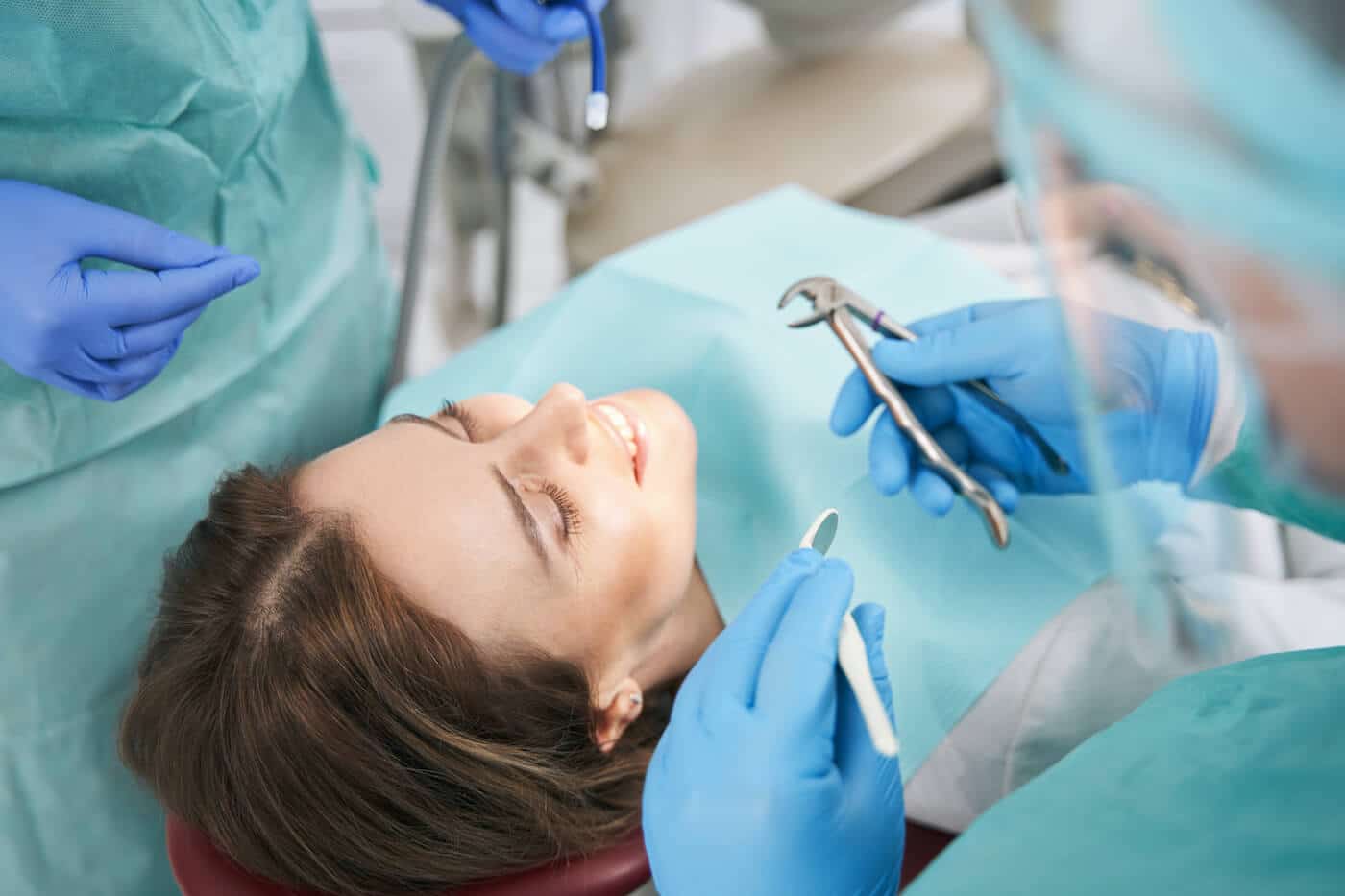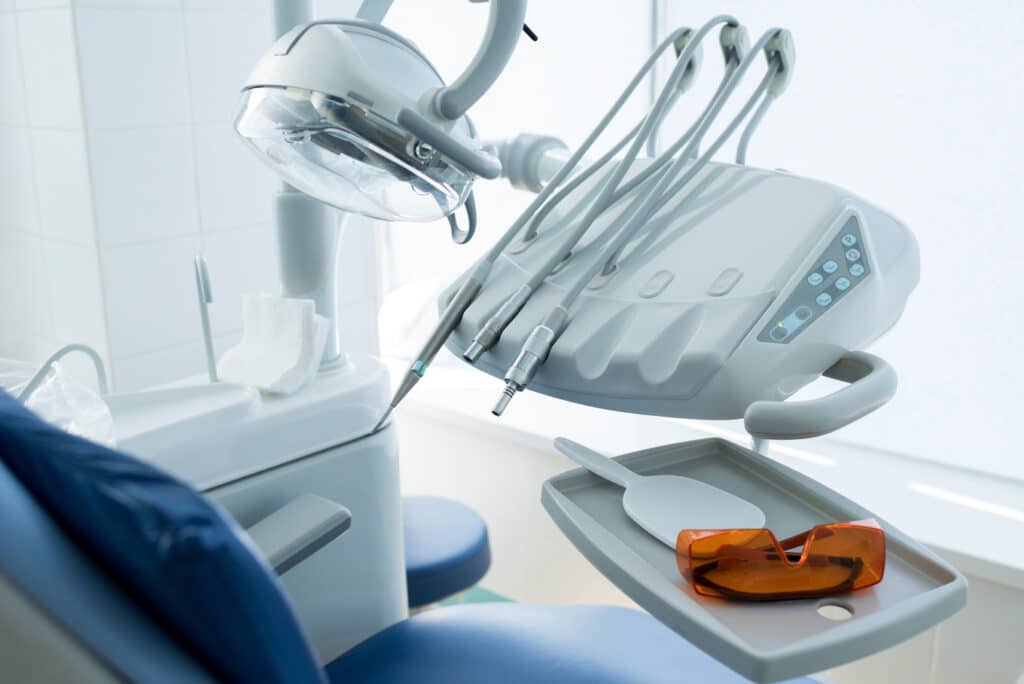
JAW SURGERY ALLENTOWN & HAMBURG PA
Your Smile's Second Chance
Surgery on the jaw can change your life in many ways beyond a simple improvement in appearance. It can give you more comfort, confidence, and the freedom to enjoy every moment without having to worry about problems with your jaw. Welcome to Bob Bryan Orthodontics, where we help improve not just your smile but also your overall comfort and oral health with jaw surgery Allentown & Hamburg PA solutions.


What is Jaw Surgery (Orthognathic Surgery)?
Orthognathic surgery, often referred to as jaw surgery, is a remarkable procedure designed to correct issues related to the alignment of your upper jaw (maxilla) and lower jaw (mandible). These misalignments can lead to difficulties with biting, speaking, and even sleeping, affecting various aspects of your daily routine.
Now, you might be wondering: Why undergo such a procedure? The answer is simple—jaw surgery isn't just about aesthetics; it's about making your life better. It's about restoring comfort and functionality to your everyday activities.
Imagine eating your favorite meal without discomfort, speaking clearly and confidently, and sleeping soundly through the night. Jaw surgery can make these dreams a reality.
Personalized Journey
This isn't a one-size-fits-all process, though. It involves teamwork between our experienced orthodontic and surgical specialists. It starts with careful planning and a personalized treatment approach. We're here to guide you every step of the way, ensuring your journey toward a harmonious and functional smile is as smooth as possible.
Who Needs Jaw Surgery?
Orthognathic surgery is recommended for individuals who experience specific jaw-related issues that simple treatments like braces cannot correct. It can address a range of conditions and concerns, including:
Congenital Jaw Problems
- Overbite: When the upper jaw protrudes too far forward.
- Underbite: When the lower jaw extends beyond the upper jaw.
- Open Bite: Where the upper and lower teeth don't meet when the mouth is closed.
- Cleft Lip and Palate: Conditions where facial and oral structures didn't develop normally.
- Pierre Robin Sequence: Characterized by small lower jaws, making eating and breathing difficult for infants.
Jaw Problems Caused by Injuries or Medical Conditions
- Facial Fractures: Resulting from accidents, falls, or injuries.
- Cysts and Tumors: Surgical intervention may be necessary for treatment.
- Obstructive Sleep Apnea (OSA): In cases where airway blockage during sleep causes breathing issues.
- Temporomandibular Joint Disorders (TMJ): Occurring due to improper bite alignment.
- Growth Disturbances: When excessive growth hormone leads to abnormal jaw development.
Orthodontic Limitations
When traditional orthodontic treatments alone cannot correct severe jaw misalignments. Jaw surgery complements orthodontics by addressing underlying structural issues.
The Jaw Surgery Process
Orthognathic surgery is a comprehensive process that involves multiple stages, all geared toward achieving the best possible results for your oral health and overall well-being.
Pre-surgery Orthodontic Preparation
Before the beginning of the surgical phase, Dr. Bryan will assess your specific case thoroughly. In some instances, orthodontic treatment alone may be sufficient to correct jaw issues. If orthognathic surgery is determined to be the best course of action, we’ll collaborate closely with you throughout this initial phase, which includes:
- Assessing the Need for Orthognathic Surgery: During your evaluation, Dr. Bryan will conduct X-rays and impressions to determine the precise nature of your jaw misalignment and whether surgery is required.
- Orthodontic Treatment Options: If jaw surgery is necessary, we’ll discuss the various treatment options available to you. Dr. Bryan will also provide a clear overview of what to expect during the orthodontic phase of your journey.
The Surgical Procedure
The surgical phase of orthognathic surgery is where your jaw issues will be corrected. Depending on your specific needs, one of the following types of surgery may be recommended:
- Maxillary Osteotomy: This procedure addresses issues with the upper jaw, such as an overbite, open bite, or crossbite.
- Mandibular Osteotomy: When the lower jaw is misaligned, this surgery is performed to correct protrusion or retrusion.
- Double Jaw Surgery: For cases where both the upper and lower jaws require adjustment, double jaw surgery is the optimal choice.
We understand that the prospect of surgery can be daunting, but rest assured that you’re in capable hands with Dr. Bryan and his whole jaw surgery team.
Post-operative Care and Recovery
Your well-being is our top priority throughout the recovery process. Here’s what you can expect during this critical phase:
- Recovery Timeline: We’ll provide you with a clear timeline for your recovery, so you know what to anticipate. While each individual’s recovery is unique, our team will guide you every step of the way.
- Pain Management and Swelling: We’ll offer effective pain management strategies to keep you as comfortable as possible during the initial days after surgery. Facial swelling is common, but we’ll provide tips and support to manage it.
- Dietary Considerations: A soft diet may be necessary initially to accommodate your healing jaw. We’ll provide dietary guidance to ensure you’re well-nourished while your jaw recovers.
- Speech and Communication During Recovery: Adjusting to changes in speech and communication is a common concern. Our team will offer strategies to help you communicate effectively during your recovery period.
- Removing the Plastic Splint: Approximately eight months after surgery, the plastic splint used during the procedure will be removed, marking a significant milestone in your recovery.
Post-Surgery Orthodontic Follow-up
After your surgery, the orthodontic journey continues. Depending on your case, you may wear braces for an additional six to nine months. Following this, you’ll transition to removable retainers to maintain your new jaw alignment.
During this time, you will regularly visit our office for regular monitoring and adjustments.

Risks and Potential Complications of Jaw Surgery
Jaw surgery, like any major surgical procedure, comes with inherent risks. While most patients experience successful outcomes, it's essential to be aware of potential complications. These include:
Anesthesia Risks
As with any surgery, there is a minimal risk associated with anesthesia. However, our experienced anesthesiologists prioritize your safety throughout the procedure.
Bleeding or Infection
These are common surgical risks and are carefully monitored and managed during and after surgery to minimize complications.
Teeth Damage
In rare cases, teeth adjacent to the surgical site may be affected during the procedure. Our surgical team takes precautions to prevent this.
Delayed Healing
Occasionally, bones may not heal as expected, which could necessitate additional intervention or follow-up procedures.
Jaw Joint Issues
Some patients may experience temporary discomfort or issues with their jaw joints following surgery, which typically resolves during the recovery period.
Limited Mouth Opening
Immediately after surgery, you may experience restricted mouth opening, but this is usually temporary and improves with time.
Numbness
Numbness in the cheeks and lower lip is common after surgery due to nerve involvement. The sensation typically returns gradually as nerves heal.
Need for Additional Surgery
In rare cases, some patients may require further surgery to address issues that were not fully resolved during the initial procedure.
Recurrence of Original Bite Problem
While uncommon, there is a slight chance that the original bite problem may reoccur after surgery. Close monitoring during the recovery phase helps prevent this.
Scarring
Surgical incisions may result in minor scars, but our surgical techniques aim to minimize their visibility as much as possible.

Is Jaw Surgery Right for You?
Deciding whether jaw surgery is the right course of action for you is a significant step in your oral health journey. At Bob Bryan Orthodontics, we understand that this decision involves careful consideration of your unique needs, goals, and expectations. Let's explore the factors to consider when determining if jaw surgery is the right choice for you:
Assessing the Need for Jaw Surgery
The first and most crucial step in the process is determining whether orthognathic surgery is necessary for your specific case. During your initial consultation, Dr. Bryan will assess the following:
- The nature and severity of your jaw misalignment.
- How your jaw issues are affecting your daily life, including eating, speaking, and sleeping.
- Whether non-surgical orthodontic treatments can achieve the desired results.
Discussing Personal Goals and Expectations
Your vision for your smile matters. We encourage you to share your expectations and goals with us. Do you envision a specific outcome for your facial profile or how your bite should feel? Open communication allows us to tailor your treatment plan to align with your aspirations.
Considering Overall Health and Specific Concerns
Your overall health is a crucial factor in determining the suitability of jaw surgery. Dr. Bryan will check your medical history to ensure that you are a good candidate for the procedure. Any specific health concerns related to your jaw issue will also be taken into consideration.
Why Choose Bob Bryan Orthodontics for Your Jaw Surgery?
Deciding to undergo jaw surgery is one thing, but choosing your oral surgeon is another. Choosing the right team for your orthognathic surgery is a crucial decision, and we're here to make it easy for you. When you're considering a jaw surgery in Allentown & Hamburg PA procedure, you deserve a team that combines expertise with compassion, and that's precisely what we offer.
- Complete Education and Certifications
- Experienced and Skilled Team
- Integration of Advanced Digital Imaging Technology
- Personalized Treatment Plans
- Number of Success Stories and Patient Testimonials

